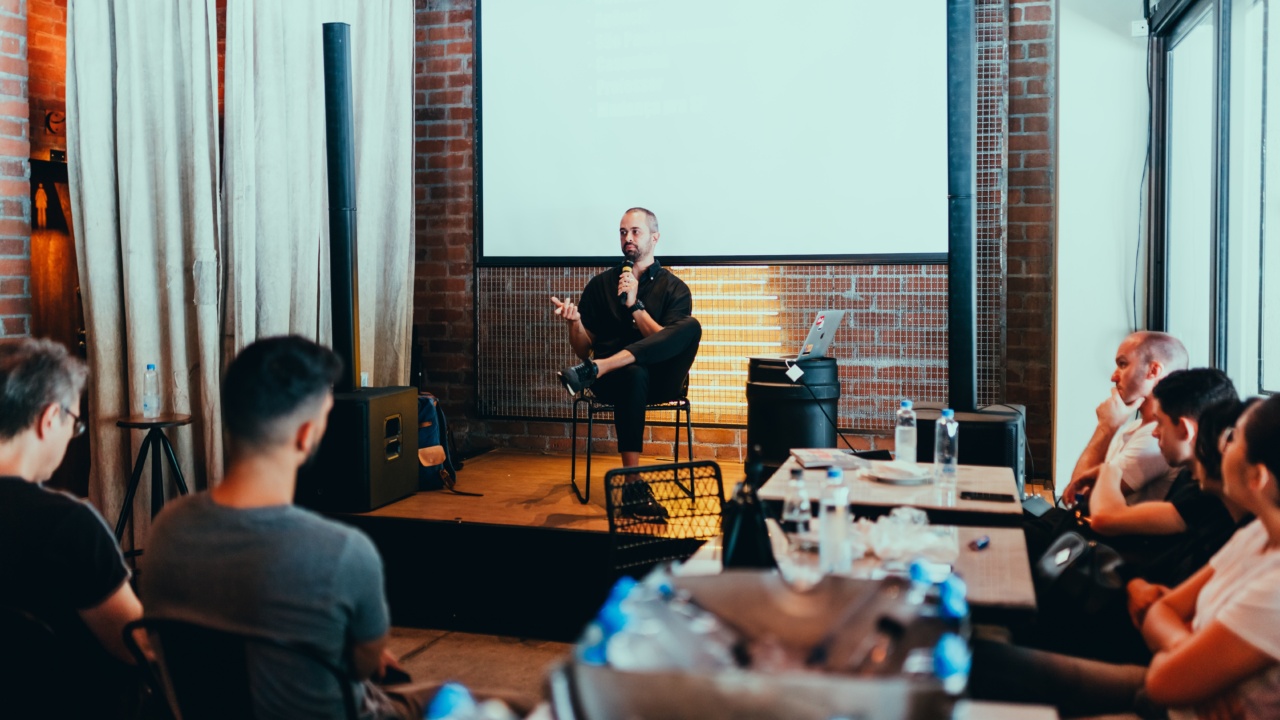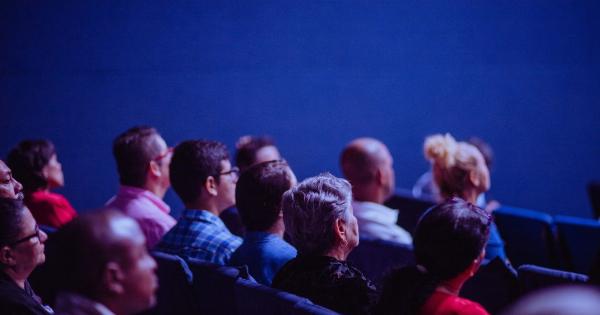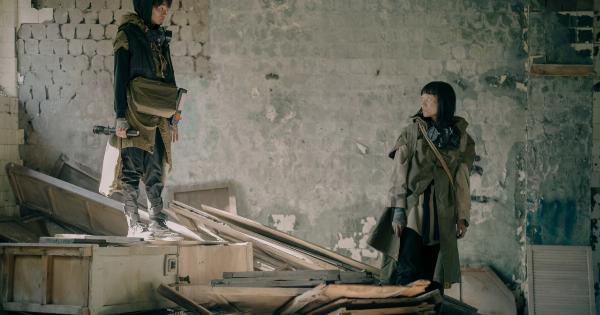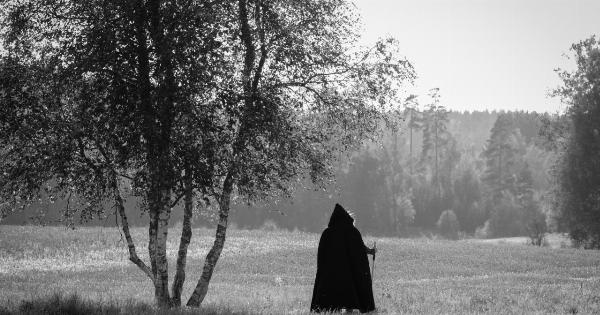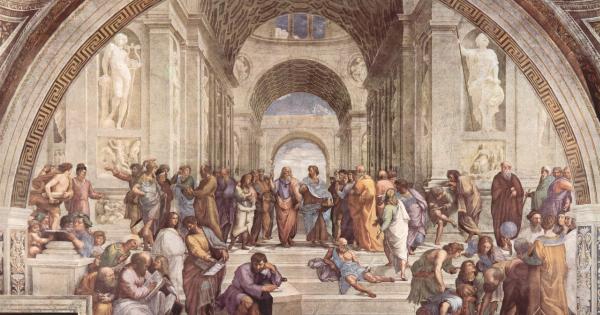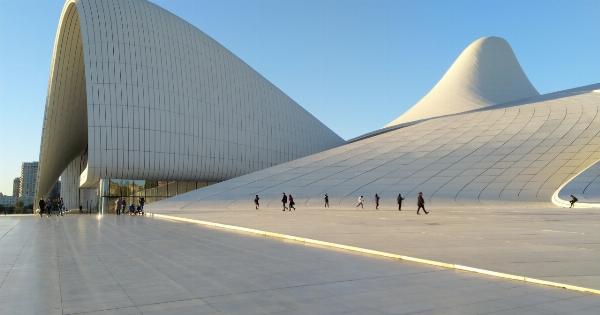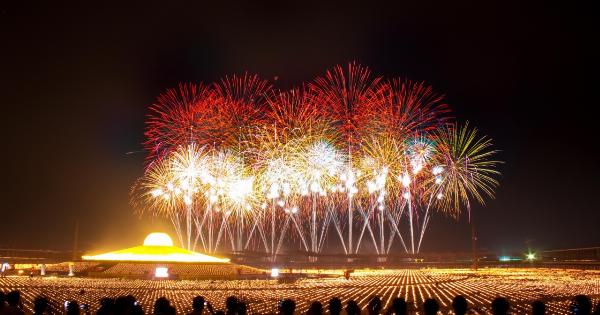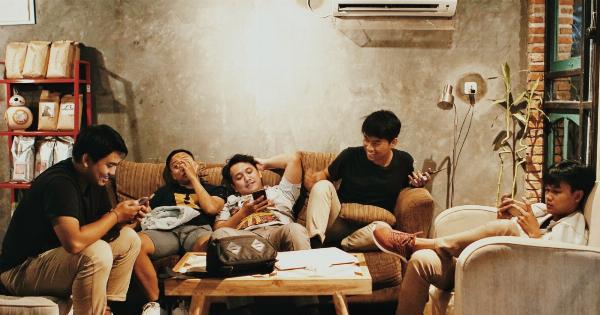Religion, poetry, and marriage are themes deeply intertwined with human sexuality. They each bring their unique perspectives and interpretations to the complex tapestry of human connections and intimate relationships.
In the Mediterranean region, these themes have long been discussed, celebrated, and debated, forming a rich symposium on the diverse facets of human sexuality.
The Influence of Religion
Religion plays a significant role in shaping societal norms and beliefs about sexuality. In the Mediterranean, different religious traditions such as Christianity, Islam, and Judaism have left their mark on the understanding of human sexuality.
These religions often have distinct perspectives on issues related to love, marriage, procreation, and sexual ethics. For example, the Catholic Church emphasizes the importance of procreation within the institution of marriage, while Islam promotes the idea of conjugal love and mutual sexual fulfillment as an integral part of married life.
Poetry: An Expression of Desire and Longing
Poetry has always been a powerful medium for expressing the intricacies of human desire, love, and sexuality. Mediterranean poets throughout history have penned verses filled with passion, longing, and exploration of sensuality.
From ancient Greek poets such as Sappho, whose lyrics celebrated same-sex love and desire, to the works of contemporary Mediterranean poets like Mahmoud Darwish, who eloquently portrayed the beauty of love in his poems, the region’s poetic heritage is a testament to the significance of human sexuality as a source of inspiration and artistic expression.
The Role of Marriage
Marriage serves as a cornerstone for the exploration and embodiment of human sexuality in the Mediterranean context.
Across the region, marriage has historically been seen as a socially sanctioned institution that provides a framework for physical intimacy and long-term commitment. It is through marriage that individuals navigate societal expectations, cultural norms, and religious teachings regarding sexuality.
However, the institution of marriage is also subject to reinterpretation and evolution, as changing attitudes and values shape the dynamics within marital relationships.
Intersections and Tensions
Religion, poetry, and marriage often intersect and interact, giving rise to both harmonious and conflicting perspectives on human sexuality.
While religious teachings may serve as guides for navigating intimate relationships, poetry can challenge and transcend societal norms, allowing for a more expansive understanding of desire and love. At the same time, marriages can be both influenced by religious doctrines and find inspiration in poetic expressions of passion.
The Mediterranean Symposium on Human Sexuality
The Mediterranean region stands as a forum where these themes converge, forming a symposium on human sexuality.
Through the lenses of religion, poetry, and marriage, individuals, communities, and scholars engage in nuanced discussions and exploration of diverse perspectives. This symposium provides a space for introspection, dialogue, and the celebration of the beauty and complexity inherent in human sexuality.
Contemporary Challenges
While the symposium on human sexuality in the Mediterranean region is multifaceted and vibrant, it is not without its challenges.
Contemporary societies grapple with issues such as gender inequality, sexual orientation, reproductive rights, and the impact of globalization on traditional values. These challenges prompt ongoing conversations surrounding the intersectionality of religion, poetry, and marriage, and the need for inclusivity, respect, and understanding.
Unveiling Taboos and Embracing Diversity
As the Mediterranean symposium on human sexuality continues to unfold, it becomes imperative to unveil taboos and embrace the diversity of experiences and identities.
By fostering open dialogue, encouraging the creation of inclusive spaces, and promoting the exploration of new poems, religious interpretations, and marital dynamics, the symposium can move toward a more comprehensive understanding of human sexuality.
Conclusion
The Mediterranean symposium on human sexuality, encompassing the realms of religion, poetry, and marriage, offers a rich tapestry of perspectives and experiences.
It serves as a reminder of the interconnectedness of these themes and their influence on how individuals navigate their intimate lives.
By engaging in ongoing dialogue and embracing the complexities of human sexuality, societies can strive for a future that celebrates diversity, respects individual autonomy, and fosters a deep appreciation for the intertwining symphony of religion, poetry, and marriage.
